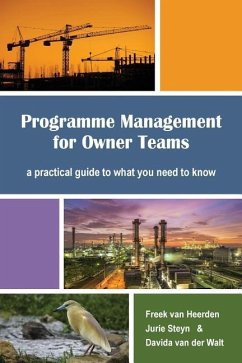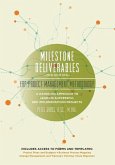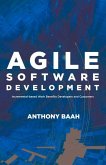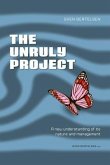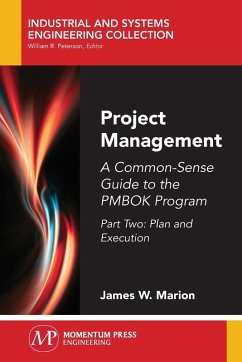The intent of this book is to summarise what programme management entails. It provides a practical overview and understanding of what programme management is compared to managing a single project or a portfolio of projects. This is done from an owner team perspective. The book provides guidelines, case study examples, as well as the tools required in all the relevant areas of project and programme management. Programmes are covered from initial inception through to final completion, focusing not only on achieving project objectives, but also on the overall business objectives of the programme. The focus and level of detail required from an owner programme management team are covered. The book covers programme initiation and shaping, business ethics, obtaining alignment amongst stakeholders, planning, organising and control aspects, communication and nurturing of the team throughout the lifecycle of the programme. For whom is the book intended? This is not a book on project management. The premise is that readers are familiar with the terminology and practice of project management and are seeking to advance their understanding of programme management. An important factor is that the book is written from the viewpoint of the owner organisation and not from the viewpoint of engineering and project management contractors. The owner organisation is that entity for whom the project or programme is being implemented and who will own, operate and manage it in future. Hence the title: Programme management for owner teams - A practical guide to what you need to know. What background knowledge is needed? Readers should have a sound understanding of project management and should ideally be in a position where they manage, or are responsible for, multiple projects in an owner organisation. It is not essential to have background knowledge of engineering or strategic business management, although such knowledge will be beneficial. Companion websites Our websites are sources of articles, templates and procedures that can be accessed to simplify the task of programme management. The first is our company website which is open to all and is available at www.ownerteamconsult.com. Apart from the normal company and marketing information, this site is used as the vehicle of our monthly Insight Articles, covering a range of project, programme and business related topics. The second website is available at www.otctoolkits.com and is the repository of our project and programme management templates, procedures and training modules. Selected content is available to all registered owners of this book. We intend to continually add to the content on the websites and update the contents when appropriate. Layout of the book The book comprises 15 chapters, divided into three parts. Part 1 sets the scene and contains three chapters. Chapter 1 is an overview of essential concepts regarding project and programme management to ensure that a common and consistent terminology is established. Chapter 2 describes the owner organisation and what is required from the owner during a programme. A model for programme management is presented in Chapter 3. A case study is also introduced in Chapter 3, which is used and built on throughout the book. Part 2 focusses on the six sequential programme steps as defined in the programme management model. Each of the steps has a chapter devoted to it and the application of the steps is illustrated using the case study from Chapter 3. The principle is to have a good split between theory and practical examples to ensure that the concepts presented are well understood and entrenched. Part 3 deals with what we refer to as 'programme lifecycle essentials' or matters that require attention throughout the lifecycle of the programme. This includes aspects such as leadership, nurturing, stakeholder engagement, communications, alignment and programme governance.
Hinweis: Dieser Artikel kann nur an eine deutsche Lieferadresse ausgeliefert werden.
Hinweis: Dieser Artikel kann nur an eine deutsche Lieferadresse ausgeliefert werden.

